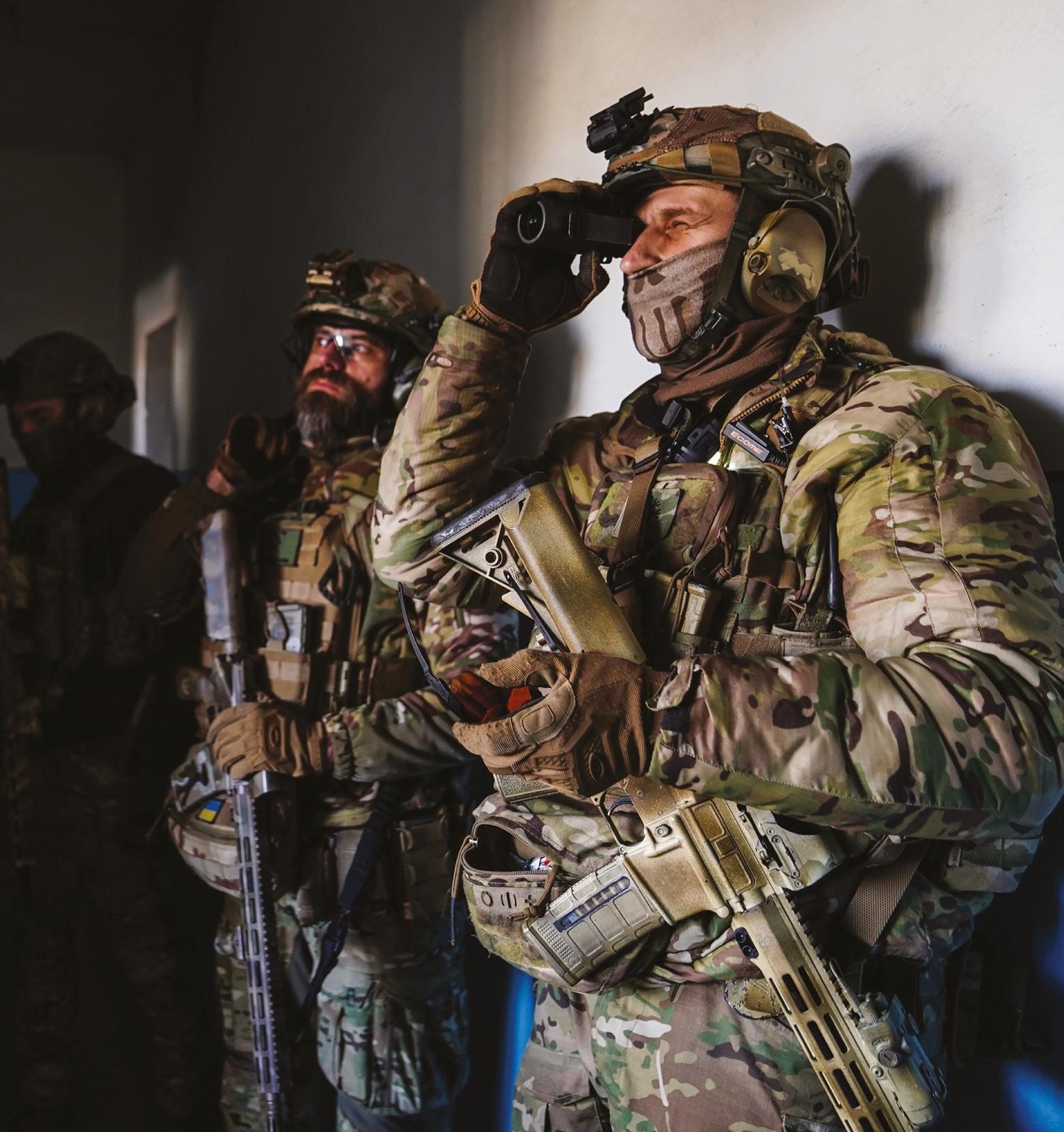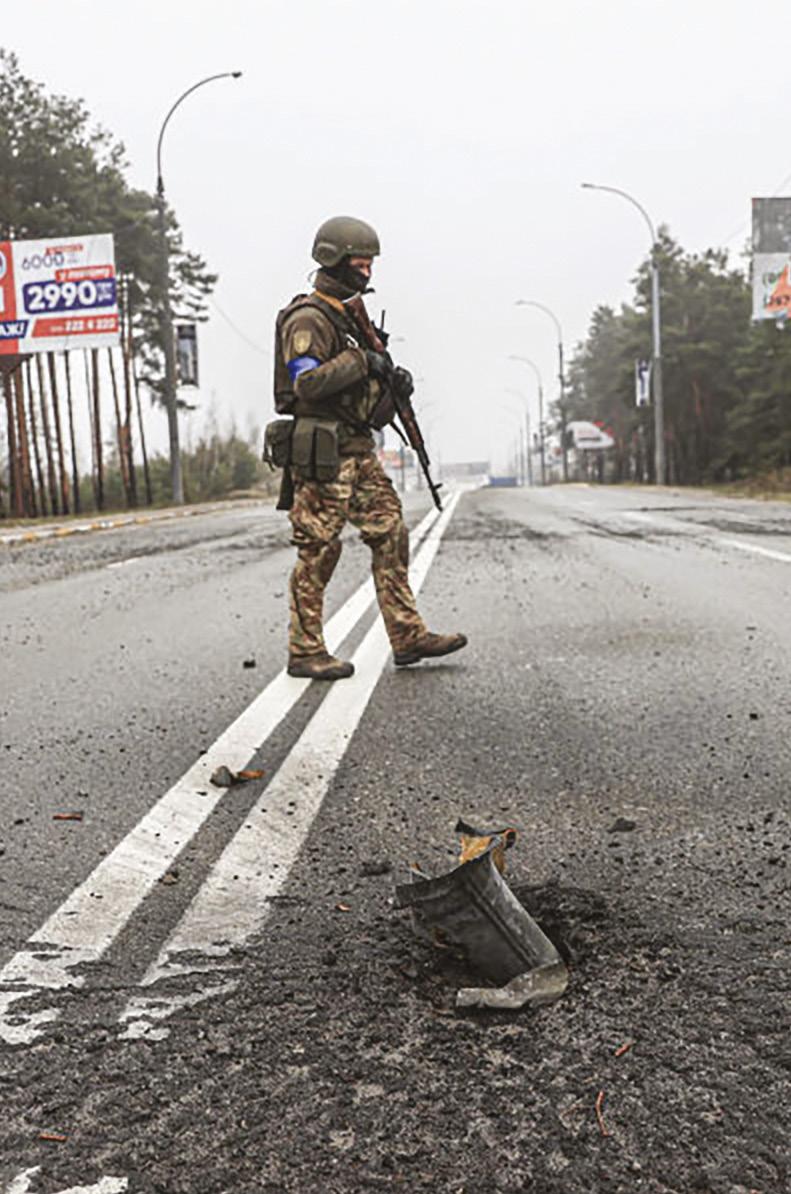






Security Challenges are Rising:
Great power competition; wars are proliferating.
Environmental damage generating insecurity across large regions.
In an interconnected and multipolar world, strategy is more complex than ever.

Established in 2012, the MStrat prepares public and private sector leaders to master the art of strategy.
The new Incarnation of the MStrat programme remains academically rigorous and vocationally focussed, but has evolved to address modern challenges.
The MStrat now offers a structure tailored for working professionals, enabling part-time study alongside career commitments.


The MStrat is an interdisciplinary programme combining strategy, policy, and security studies, with a focus on real-world applications of strategy and security theories.
Delivered by leading academics and industry experts, with strong connections to government and international organisations.
The programme is designed for both professionals and students interested in careers in defence, security, and diplomacy, with small, diverse cohorts fostering global networking.
We support flexible learning options: Full time (2 days per week) and part-time (1 day per week over two years). This is an in-person programme with no online or remote learning, fostering collaborative engagement.
Foundations and Theory of Strategy
Module code: POLM242
Credits: 30
Contact time: 44
Applied Strategy in the Contemporary World
Module code: POLM233
Credits: 30
Contact time: 44
Decision-Making: Command, Leadership and Management
Module code: POLM241 (optional)
Credits: 30
Contact time: 44
Security Futures
Module code: POLM240 (optional)
Credits: 30
Contact time: 44
Dissertation / Research Project
Module code: POLM243
Credits: 60 inc. Research skills training
Foundations and Theory of Strategy
Organisational Theory; Theories of decisionmaking; Case studies in decisionmaking
Applied Strategy; Simulated Exercise
Defence, Human, Environment, Migration Cyber, AI, Law
Preparation and Delivery, 10,000 words or equivalent


This module aims to introduce students from different disciplinary and employment backgrounds to a common body of knowledge that will allow them to consider definitional and conceptual boundaries when studying and applying security strategy.
The module introduces students to some of the main works in traditional strategic thought and examines contemporary theoretical approaches to security and strategy.
By the end of the module students will have developed a sense of security strategy as a coherent yet complex intellectual discipline.
This module focusses on the challenges of ‘doing’ strategy in the real world and the risk-based approach to decisionmaking. Using a ‘strategic sandbox’ to develop an applied strategic skillset, students are shown some ‘tools of the trade’. By the end of this module students will have developed some of the skills necessary for strategic decision-making in the contemporary world.
Initial focus is on why ‘real strategy’ is difficult, illustrated with examples of why strategy has, at times, failed. Interactive teaching sessions, akin to workshop seminars, then cover the ‘tools of the trade’ ensuring students to develop a range of applied skills they can apply to contemporary security issues and challenges. Learning will be reinforced with engaging and immersive applied exercises including a Field Trip and a Crisis Management Simulated Exercise.



In this module, students will explore the theory and practice of decision-making in order to understand the complex concepts of command, leadership and management. The course is inter-disciplinary and broad-ranging, drawing from organisational studies, sociology, politics, psychology, and philosophy. The course begins with an introduction to organisational theory, before examining classic theories of decision-making including the works of Janis, March and Olsen, Perrow, Drucker, before applying these theories to a selection of pertinent case studies.
Term 1: Organisational theory, theory of decision-making, case studies in decision-making
*Optional
This module will enhance understanding of contemporary and future themes in security and strategy.
The contemporary and future context is partly driven by a strategic environment where some of the traditional norms are being challenged by a range of factors including: the accelerating pace of technology and the 4th Industrial Revolution including issues such as Artificial Intelligence, Cyber, Space, Energy Weapons, Autonomous Weapons, and what it does to the traditional nations of strategy, such as decision-making; rising and developing powers are challenging the established order leading to a crisis of the Western Liberal Democracies; identity politics are challenging the very processes of strategy making; moreover climate change and pandemics have altered the global strategic landscape.
*This module can be substituted with a cognate module from the Faculty allowing students to tailor the programme to their professional interests.


10,000 words or equivalent
Ensures skills needed to conduct an extended piece of research and writing
Time and guidance to engage with core debates across the sub-disciplines of politics
Equips students with practical skills and contributes to intellectual development
Enable students to write on a topic of their choosing with a supervisor
Allows students to demonstrate depth and breadth of knowledge in a particular subject area of professional or intellectual interest

A dissertation is a mark of ability to express oneself in writing
To be completed by 30 September of year of study
modules that might be taken in place of the Security Futures module with the Programme Director’s agreement:


MA Applied Security Strategy (MStrat)
T1: Theory of Strategy
T2: Applied Strategy Lunch Lunch 1200-1300
T1: How to Make Decision T2: Security Future MStrat Speaker Programme Break Break
HavingnowspentafewweeksworkingintheWhitehallbubble,Icancope withtherelentlessworkloadandintensitybecauseofhowthecoursepreparedme.
Learninghowtobetter prioritisetasks,deliverhigh-qualityoutputsontimeand keepseekingoutnewopportunitieshassetmeabovemost.Dayscanbeexhausting butmyabilitytocopehasimprovedtenfoldfollowingbeingpartoftheMStrat.

IalmostdailymakeuseoftheknowledgeIgained. Inretrospect,itisthe sharpestprogrammeIevercouldhavechosen. IuseeverychanceIhave to advocate for the MStrat at Exeter.
WhattheMStratgavemewastheabilitytoperforminthestrategicenvironmentand toconfidentlyspeakwithseniorstakeholders.Thefusionofacademicstudy,combined withappliedworkpushedmetothinkbeyondcommentingondecision-makingto consideringwhatIwouldhavedoneinthesamecircumstances.Thismindsethasserved mewellinmyprofessionandIhavenotcomeacrossanyotherMaster’scourseswhich providesuchinsightintothepracticalitiesofdecisionmakingatthestrategic level.

Standard entry:
2:2 Honours degree and completed application form.
Non-standard entry:
In recognition that many professionals in defence and security, such as those in the Armed Forces, entered their careers without a first degree, SSI welcomes applications from individuals without a degree who can demonstrate to the programme director through their application that they have the requisite experience and academic capability to thrive on the programme.
English language requirements:
International students need to show they have the required level of English language to study this course. Please visit our English language requirements page to view the required test scores and equivalencies from your country.

Start
Tuesday 23 September
Email: SSIAdministration@exeter.ac.uk
Phone: +44 (0)1392 72 72 72

